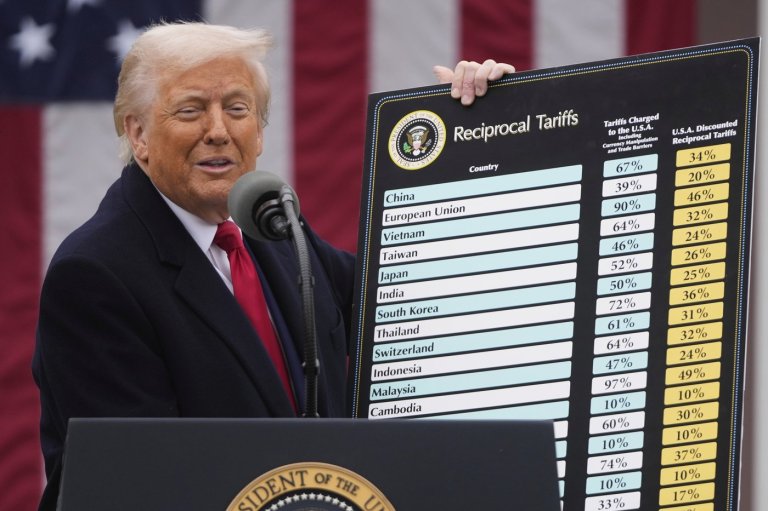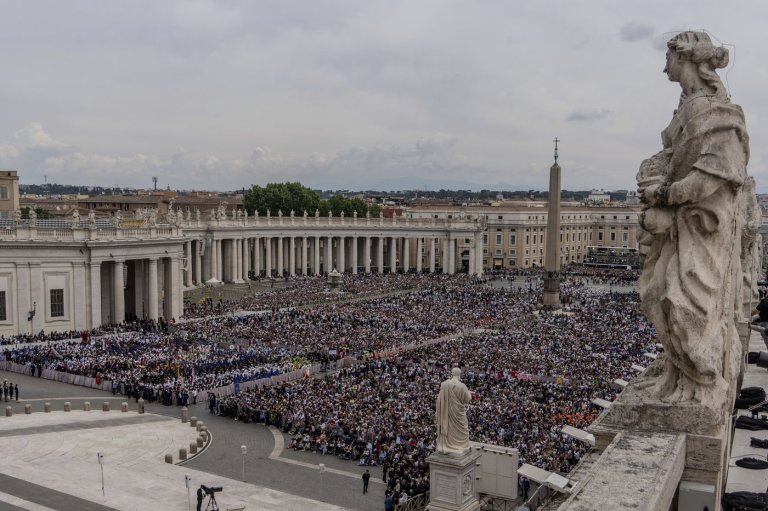Kerry says US and Afghanistan have reached agreement on language for bilateral security pact
WASHINGTON – Secretary of State John Kerry said Wednesday that the U.S. and Afghanistan have agreed on the language of a bilateral security pact that could clear the way for thousands of U.S. troops to train and assist Afghan forces after the NATO combat mission ends in 2014.
The agreement is far from complete. The document now goes to the Loya Jirga, a 3,000-member council of elders who have the right to revise or reject any clause of the draft agreement. Whatever they agree upon then goes to the Afghan parliament, which could make still more changes before the agreement is approved.
On the U.S. side, only the Obama administration needs to approve the agreement, but it could reject the changes made by Afghan officials. If it does, that leaves open the option for the U.S. to pull all troops out of Afghanistan. Such was the case in Iraq, when the U.S. and Iraq couldn’t agree on terms of a security arrangement. Sectarian violence has plagued the country since, and some fear Afghanistan could head down that path without a continued U.S. presence until Afghan forces can defend the country themselves.
Kerry said the language, agreed to after about a year of tense on-again, off-again negotiations, will be reflected in the draft proposal presented Thursday to the Loya Jirga in Kabul.
“There were some people who may have questioned or doubted whether that was going to happen. Well, it’s happening tomorrow, and it’s happening tomorrow with agreed-upon language between us,” Kerry said during a news conference at the State Department with Australian officials and Defence Secretary Chuck Hagel.
“We have agreed on the language that would be submitted to the Loya Jirga, but they have to pass it,” Kerry said.
The agreement would give the U.S. a legal basis for having forces in Afghanistan after 2014, and also allow it to use bases across the country.
U.S. officials have not yet disclosed the number of U.S. troops they want to keep in Afghanistan after 2014. U.S. officials have said the U.S. and NATO could keep between 8,000 and 12,000 troops there. Of those, the U.S. is expected to provide no more than 8,000.
Kerry said that whatever the number, the role of the U.S. military would be “limited.”
“It is entirely train, equip and assist. There is no combat role for United States forces, and the bilateral security agreement is a way to try to clarify for Afghans and for United States military forces exactly what the rules are with respect to that ongoing relationship,” he said.
Karzai’s office posted a copy of the draft proposal on its website on Wednesday. State Department spokeswoman Jen Psaki said U.S. officials were reviewing the document to determine if it included the final language agreed upon by Kerry and Karzai.
According to the draft posted on the website, the agreement, as expected, gives the U.S. legal jurisdiction over troops and Defence Department civilians, while contractors would be subject to the Afghan judicial process. Deep divisions in Afghanistan over legal immunity for American soldiers and contractors as well as night raids had threatened to scuttle diplomatic efforts.
The pact also provides for U.S. counterterrorism operations in co-ordination with the Afghans, with the goal that the Afghan forces should be in the lead. It also notes that U.S. troops will not conduct combat operations unless they are “mutually agreed” on by the U.S. and Afghans.
On the sensitive issue of U.S. troops going into Afghan homes, the agreement says that U.S. forces should not “target Afghan civilians, including in their homes, consistent with Afghan law and the United States forces’ rules of engagement.” It also says that U.S. counterterrorism operations should be conducted with “full regard for the safety and security of the Afghan people, including in their homes.”
Psaki said Kerry and Karzai spoke by phone on Wednesday for the second time in two days.
On Tuesday, Karzai invited Kerry to attend the Loya Jirga. Kerry has no plans to attend, but Psaki said Kerry offered the idea of providing reassurances about the U.S.-Afghan security relationship in addressing past issues, such as civilians casualties, which have been discussed many times. Psaki said that those assurances might be offered in the form of a letter or another format, but said nothing had been decided.
The deaths of Afghan civilians at the hands of U.S.-led NATO forces have been a sensitive issue in the U.S.-Afghanistan relationship, although more Afghan civilians die as a result of insurgent attacks.
Kerry said it’s up to Karzai to convene and direct the gathering of elders and it’s up to President Barack Obama and the White House to address any issues related to any possible communication with Karzai. “So let’s see where we are, but the important thing for people to understand is there has never been a discussion of or the word apology used in our discussions whatsoever,” he said.
___
Associated Press writer Lolita C. Baldor in Washington contributed to this report.
Join the Conversation!
Want to share your thoughts, add context, or connect with others in your community? Create a free account to comment on stories, ask questions, and join meaningful discussions on our new site.

















Leave a Reply
You must be logged in to post a comment.